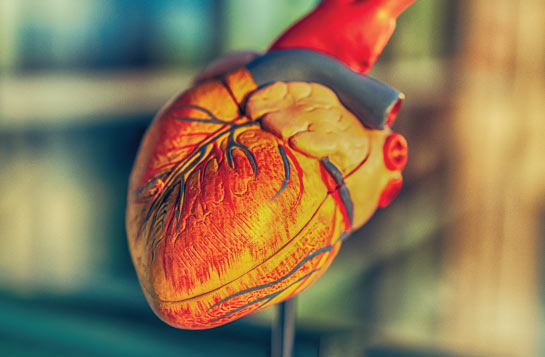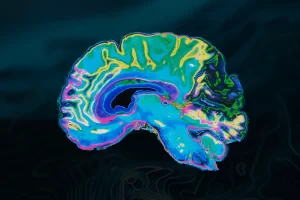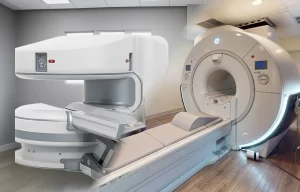According to a recent study published in the European Heart Journal and reported by Forbes, over 50% of patients who experienced severe Covid-19 and were subsequently hospitalized were found to have lasting heart damage even months after their discharge. This new research, which examined 148
patients from six hospitals in London, U.K., revealed that those with severe Covid-19 and elevated levels of the protein troponin were more likely to have heart damage.
Troponin is released into the blood when there is an injury to the heart muscle, and elevated levels may occur due to blocked arteries or heart inflammation. Previous studies have shown that about a fifth of hospitalized Covid-19 patients also have elevated troponin levels, which is linked to poorer outcomes and an increased risk of death. However, the cause and extent of the damage had just been fully understood.
Leveraging magnetic resonance imaging (MRI), the latest study identified several types of heart damage in Covid-19 patients with raised troponin levels, including heart muscle inflammation, scarring or death of heart tissue, restricted blood supply to the heart, or a combination of these factors. Professor Marianna Fontana, the lead author and a professor of cardiology at University College London, highlighted the importance of identifying the type of damage to assess patients’ risks accurately.
The study found that 89% of patients had normal heart function responsible for pumping oxygenated blood, but 54% showed scarring or injury to the heart muscle. Additionally, just over a quarter had scarring from inflammation, while 22% experienced either infarction or ischemia and 6% had both. Furthermore, 8% of participants showed ongoing heart inflammation.
While most cases of cardiac damage may not significantly impact the heart’s function, identifying specific injury patterns through MRI scans can be crucial in targeting appropriate treatments. Fontana explained that cardiac injury could raise concerns about the future risk of heart failure in severe cases. Being able to distinguish between various injury patterns can result in more precise diagnoses and better treatment options. For instance, it may aid in recommending drug therapies that can safeguard heart function in the long run.
The study’s findings echo previous research suggesting that most people who recovered from Covid-19 may have lingering heart damage. As scientific evidence accumulates, concerns arise about a potential surge in heart failure cases over the coming decades. MRI scans are an essential tool in assessing and understanding the long-term impact of Covid-19 on the heart, laying the groundwork for targeted interventions and better patient outcomes. As we delve deeper into the long-term effects of Covid-19, continued research is essential to address this emerging public health challenge effectively.




